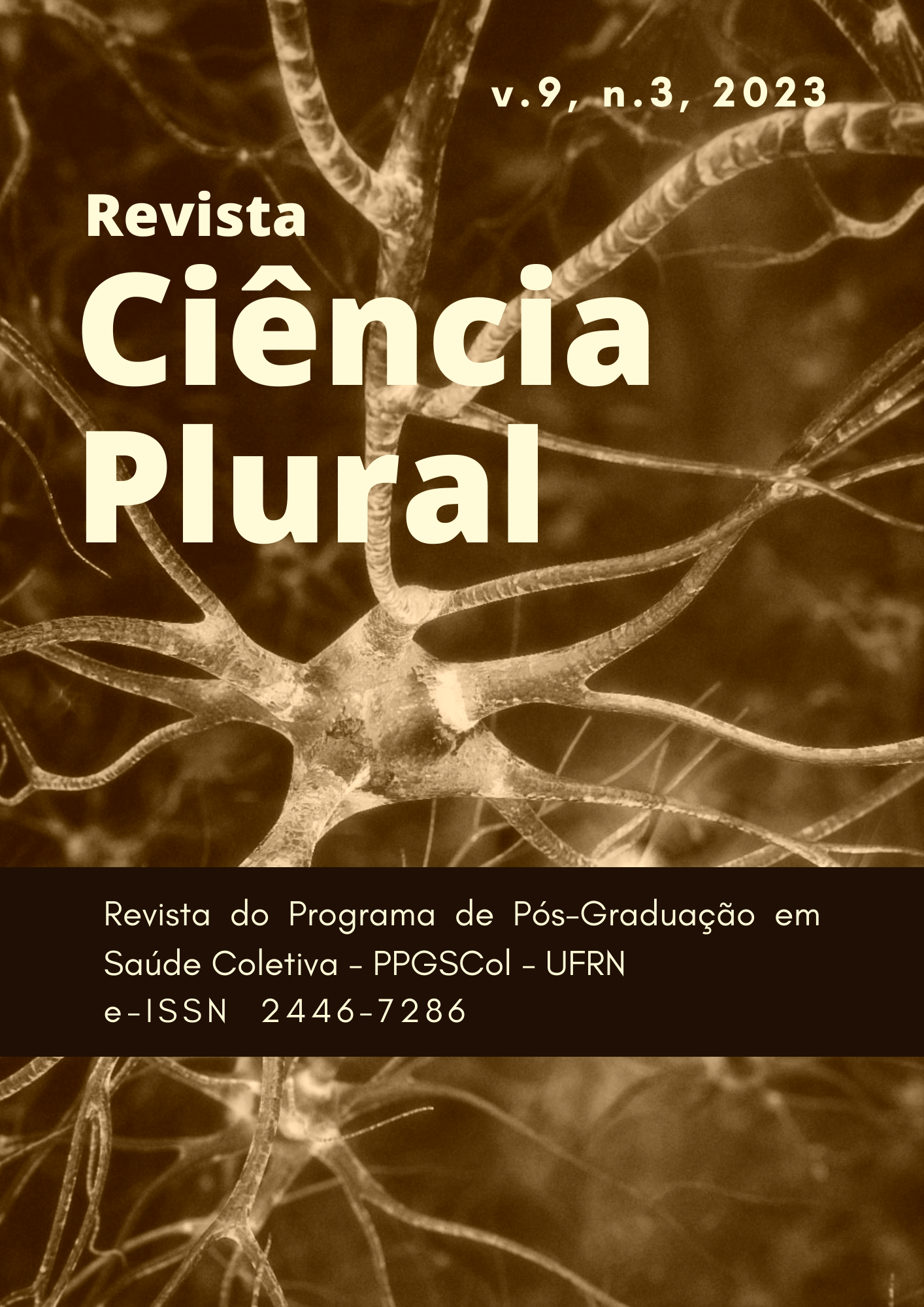EDUCAÇÃO PERMANENTE EM SAÚDE SOBRE ESTOMIAS INTESTINAIS COM ENFERMEIROS DE SÃO BENTO DO SUL (SC): RELATO DE EXPERIÊNCIA
DOI:
https://doi.org/10.21680/2446-7286.2023v9n3ID31138Resumo
RESUMO
Introdução: Compreende-se estomia como uma intervenção cirúrgica cujo objetivo é estabelecer a comunicação entre um órgão e o meio externo, sendo sua denominação de acordo com o órgão exteriorizado. No Brasil a pessoa estomizada é contemplada com diretrizes e políticas públicas, além de ser entendida como uma deficiência, sendo necessário assim um cuidado integral, exigindo do profissional que presta a assistência e/ou orientação educação permanente. Objetivo: Relatar acerca da capacitação sobre cuidados de enfermagem com estomias intestinais aos enfermeiros atuantes na Secretaria Municipal de São Bento do Sul/Santa Catarina(SC) Metodologia:Trata-se de um estudo descritivo qualitativo do tipo relato de experiência, que se deu através de capacitação realizada em Junho de 2022, com os enfermeiros que atuam na secretaria municipal de saúde de São Bento do Sul/SC, o qual conta com 44 enfermeiros atuantes em 21 unidades básicas de saúde (UBS), com a temática 'cuidados de enfermagem com estomia de eliminação' , tendo o mesmo sido ministrado por enfermeira estomaterapeuta no formato presencial com discussão teórica e prática. Resultados e discussão: O Ministério da Saúde (MS) em parceria com o Ministério da Educação (ME) vem incentivando práticas formativas aos profissionais inseridos nos serviços, as quais estão amparadas na Política Nacional de Educação Permanente. Uma vez que a formação de enfermeiros no Brasil é generalista, os cursos e capacitação se tornam uma ferramenta fundamental para uma atuação reflexiva. Assim, dos 44 enfermeiros atuantes no município , participaram do treinamento 21 (47,72%), atendendo ao critério de ao menos um profissional por UBS , podendo este ser um multiplicador de conhecimento, estratégia importante da educação permanente em saúde. A capacitação em sua parte teórica abordava questões anatomofisiológicas e possíveis complicações, enquanto que na parte prática foram tratados estudos de caso e oficinas, com simulação, a fim de desenvolver o raciocínio clínico. Ao final do curso, foram desenvolvidos fluxos de atendimento com os participantes, buscando a descentralização do cuidado para as unidades básicas de cada enfermeiro, favorecendo a criação de vínculo dos pacientes com a equipe de saúde. Conclusões: Visto que um profissional orientado e seguro em sua prática implica diretamente na segurança do paciente, nesse sentido a realização de atividades como cursos, capacitações e eventos, principalmente quando se trata de pacientes estomizados, os quais geralmente sofrem com a resistência dos profissionais para realizar seu atendimento justamente por conta da insegurança, se tornam importantes ferramentas de aprimoramento profissional.
Palavras-Chave: Educação continuada; Estomia; Enfermagem.
Downloads
Downloads
Publicado
Como Citar
Edição
Seção
Licença
Copyright (c) 2023 Revista Ciência Plural

Este trabalho está licenciado sob uma licença Creative Commons Attribution-NonCommercial-ShareAlike 4.0 International License.
À Revista Ciência Plural ficam reservados os direitos autorais referente a todos os artigos publicados.

 Português (Brasil)
Português (Brasil) English
English Español (España)
Español (España)













